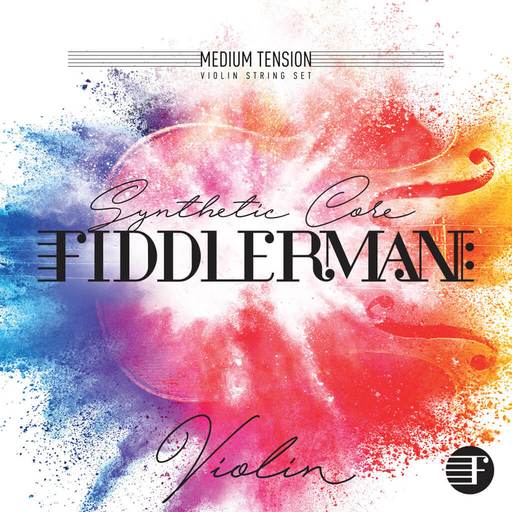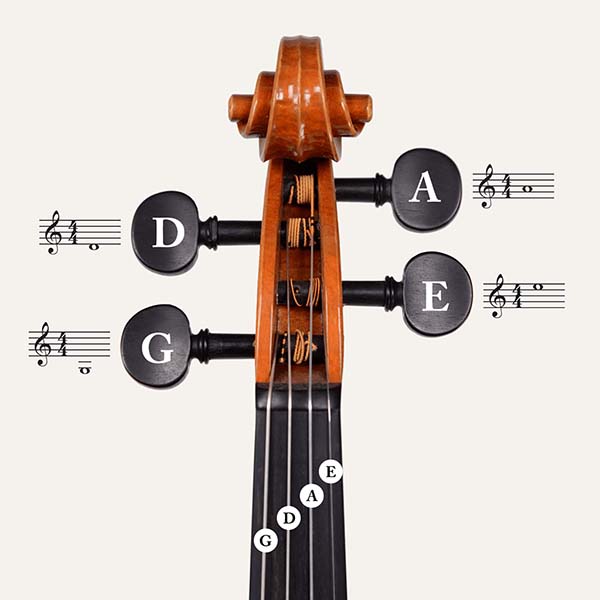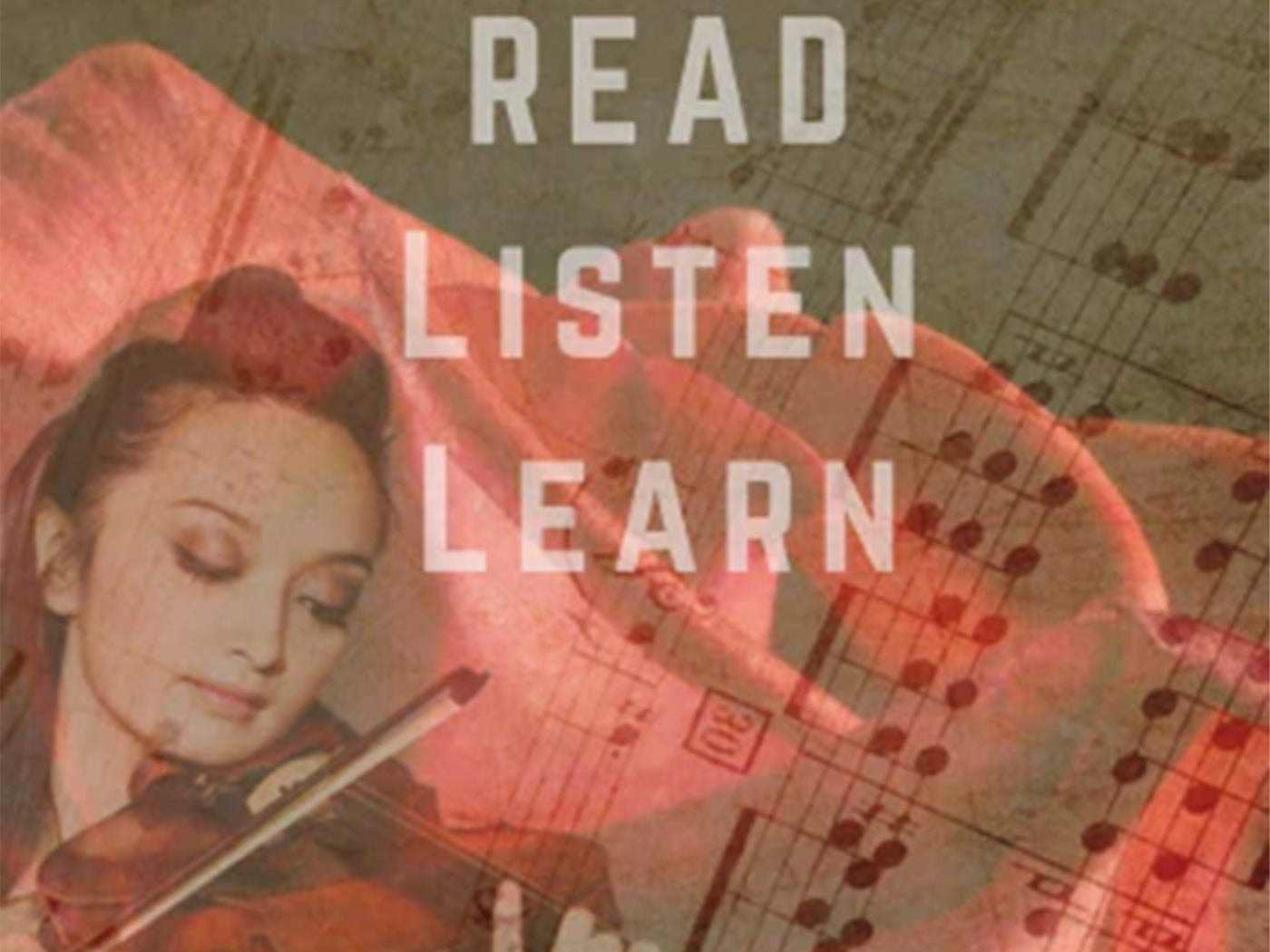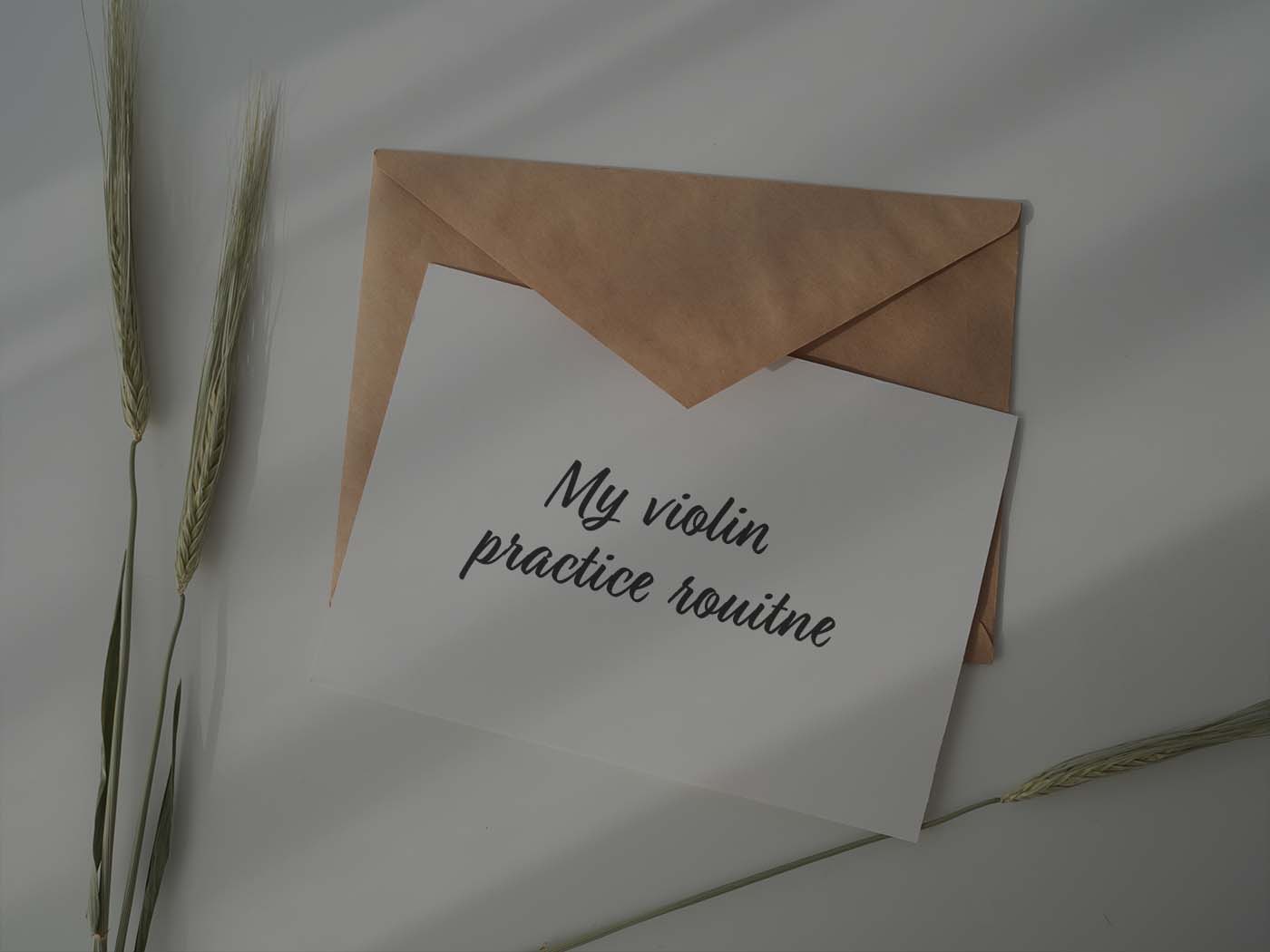
Trust me, we've all been there. Six weeks later, it's still that same bundle of notes on the second page. They just don't seem to stick.
The key to memorizing music means understanding the brain's storage processes. We possess both short and long-term memory. Under those brackets we can separate memory further in to visual, auditory, and motor memory. Unfortunately, it's the short-term memory which is the bane of any musician's existence. Our brains thinks it's doing us a favor when it throws out important information rather quickly.
Then, how do we tell our brain, "Hey, this is important stuff! Don't trash it!"?
Repetition is one of the obvious ways. But let's break this down further. Many people tend to repeat without actually thinking. Our brains have to take visual, auditory, and motor note of what's happening in a passage of music.
Here are three major ways we turn short-term into long-term memory, and how we apply that to our repertoire.
Divide into groups. Our brains tend to throw out long strings of information. You may remember a smaller sequence of numbers way longer than a larger set. For example, you'll most likely remember the "1, 2, 5, 6" way longer than "874589000133367891011890098." Therefore, taking small chunks of our music, using repetition to memorize these micropassages will help put the whole picture together.

Separate the functions. This is the most tedious, but an effective method. It forces the musician to spend time giving focus to each type of memory function. For auditory, can you hum or sing the entire piece without looking at the music? No? Then, work on this without the instrument. Can you visualize the sheet music and every note, bowing, fingering, dynamic marking, key signature changes, accidentals, etc...? No? Work on this without the instrument. For us string players, we have to split motor memory up in two. Just finger the notes with your left hand and pay special attention to what the left hand is doing. Then, only with bow in hand, focus on bowings. Finally, work on coordinating the two together. This is really putting in the work to make sure it all commits to long-term memory. To further expand on motor memory, we also want to make sure our technical foundation is solid as this will help alleviate some of the burden on the brain. Practicing passages in rhythms and groups while applying our surefire technique is pivotal.
Give the music meaning. Our brains tend to better remember when we assign value, meaning, and emotion to an object, person, place, numbers, or words, etc.... Take musical passages and create a scene or image in your head. What does that group of notes mean to you? How can you phrase it to project the image in your head? The more you turn the music into a story of value, the easier it is to memorize the larger picture.
Is there something not listed here? What do you find effective in your musical learning for memorizing new pieces? Let us know in the comment section below.





